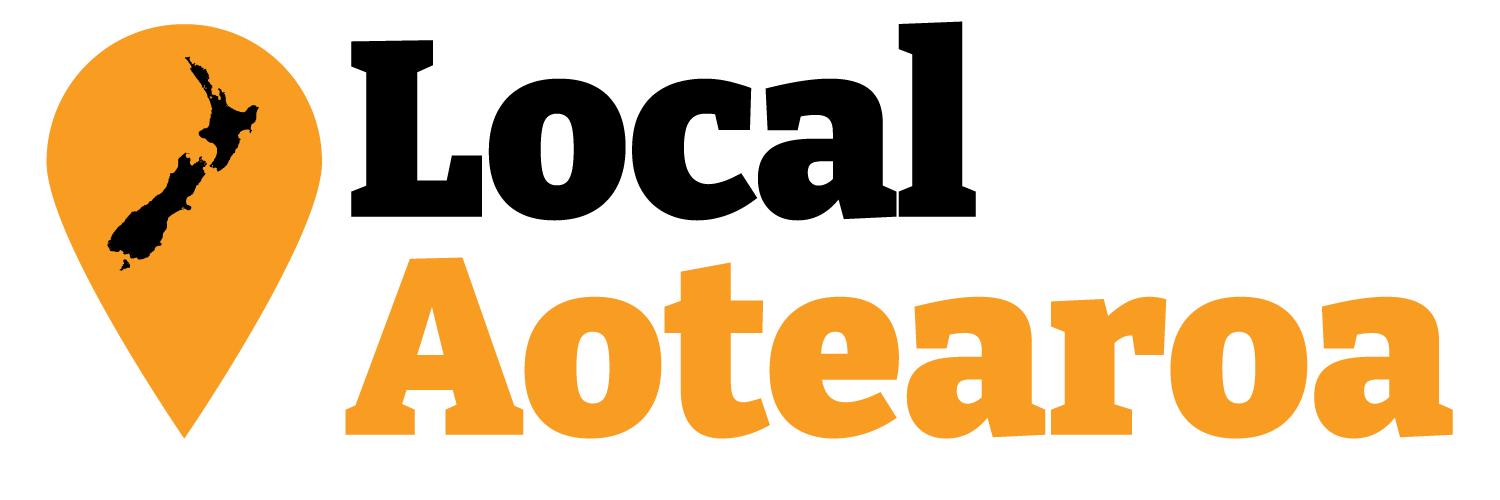Wayne Brown wins big on Auckland Transport reform
An AI-generated image of a cowboy who has a vague likeness to Wayne Brown attempting to lasso a bus with Auckland's Sky Tower in the background.
Auckland’s mayor Wayne Brown has notched up a major win with Local Government and Transport Minister Simeon Brown agreeing to a major overhaul of Auckland Transport. The reform of Auckland Transport essentially reduces the council-controlled organisation (CCO) to a delivery agency, with the council and an Auckland Regional Transport Committee (made up of council and central government) taking charge of transport strategy.
RNZ has a good write up of the changes, so I’ll leave them to summarise it better than I can.
Even before becoming mayor, Wayne Brown was a vocal advocate for wanting Auckland Council to have greater influence over a myriad of council organisations or other institutions in the Auckland region. Speaking to former Waitākere Mayor Bob Harvey for Metro Magazine back in October 2022, Brown said of the CCOs “They are a waste of time and space, and they are on the chopping block as far as I’m concerned… I intend to get rid of them as quickly as possible. They were a bad idea that’s just gone wrong.”
Wayne Brown has a point here. As I wrote about at the weekend, there’s a gap between what communities think their elected representatives should be able to do, and what our local government system actually allows them to do. While our local government governance model has been built around a collaborative approach, with much of the power of elected councils being tempered by slow, deliberative, and often being able to in-directly influence entities that they’re nominally responsible for, from my personal experience this isn’t what communities want.
While I think the first part - collaborative governance - is good, the second - where the influence of elected representatives is often in-direct - is a significant disconnect from what people think their elected representatives should be able to do. Frustration with a perceived inability to influence Auckland Transport to change quickly enough is a pretty good example of that.
Which is where Wayne Brown has excelled at leveraging the hybrid model of the Auckland mayoralty - which sits between the collaborative governance approach and an executive mayoralty - to great effect.
Immediately following his election, Wayne Brown was straight on the warpath with Auckland Transport directly in his sights. However, despite a lot of noise, it’s been slow progress with it taking nearly two years for the mayor to reach agreement with central government on the path forward. To be fair to the mayor, the delay isn’t really his fault. To make any changes he needed the agreement of the government of the day, and the small matter of the General Election in 2023 basically meant that he had to taihoa until the result of that.
The mayor wasn’t sitting on his hands during that time either. In the two years since he’s been relentlessly beating the drum of needing to reform or outright abolish elements of the super city’s structure that have been seen as removing decision-making and accountability away from elected representatives. No doubt helped by the ring-fenced funding for his office that affords his mayoralty more operational and strategic freedom than any other in the country, Wayne Brown has used his profile and resources to great effect to achieve his goals, and has managed to secure ad-hoc support on an issue-by-issue basis around his council table for his policy programme - though speaking to several councillors the extent to which this is the mayor’s doing or theirs is up for debate.
On that note, it’s worth thinking about how perceptions of Wayne Brown’s mayoralty have evolved over time.
Wayne Brown’s mayoralty got off to a rocky start, with the communications disaster during the January 2023 Auckland floods seeing his leadership being slated from all sides. That was followed by a brutal fight over proposals to cut arts and social funding which the mayor eventually had to retreat somewhat from.
Despite those issues, Wayne Brown hasn’t shied away from trying to progress his agenda. Battles over the future of the Port of Auckland (which the mayor initially wanted shifted away from Auckland, and then wanted to lease out the operations) and selling the council’s share in Auckland Airport both resulted in compromise solutions.
The Port of Auckland is now committed to providing Auckland Council with higher returns and remains in public ownership, while the Auckland Airport share sale was turned into a partial sale. Though just as I’ve been writing this Auckland Council has decided to sell the remainder of its shares - so arguably Wayne Brown drew the initial battle but won the war on that one!
It all sets the stage for an interesting mayoral elected in Auckland in 2025 because unlike in Wellington, where it feels like there’s a building wave of frustration across the political spectrum that will no doubt produce a plethora of candidates, Wayne Brown’s mayoralty appears to have settled down over time.
I’ll write about that election in more detail later, largely because it’s very quiet currently. Labour-aligned councillor Kerrin Leoni has been the first to announce an interest in seeking the mayoralty in 2025. 2019 and 2022 candidate Ted Johnston is also back, though having netted 4.25% and 1.19% respectively, he’s unlikely to feature in a major way.
But suffice to say, even though Wayne Brown hasn’t yet announced whether he’ll seek a second term yet, it would be a tall ask for someone to beat him if he does run again. His quirky mix of being a blunt talking technocrat who still successfully manages to channel the frustrations of many Aucklanders, all while being able to appear publicly able to navigate council politics and being happy to use his pulpit to successfully advocate to central government regardless of who is in charge, is going to put him in as good position as possible.





